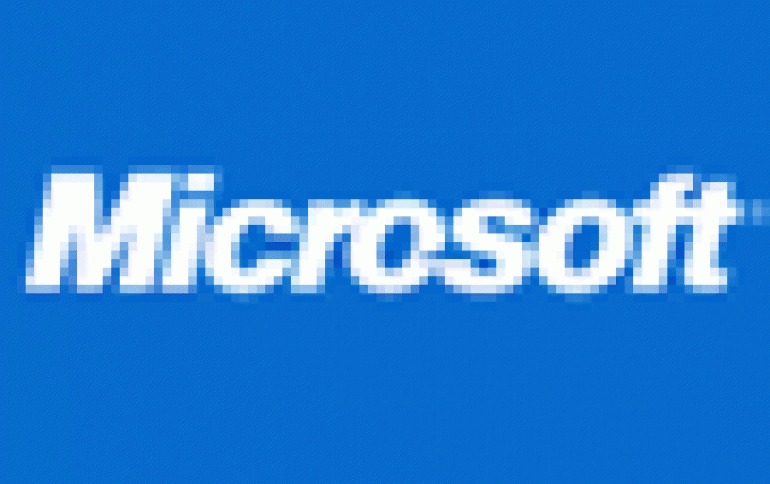
Microsoft To Deal with Governement Restrictions
The company unveiled on Tuesday its policy for accessing content on its blogging service MSN Spaces for dealing with government restrictions.
Brad Smith, general counsel and senior vice president for Microsoft, also called for a broad international dialogue to establish a set of principles for Internet companies with blogging services in various regions of the world.
Smith declared that the new policies were a guide for dealing with government orders. Under the framework, Microsoft would remove access to blog content only when it received a government-issued, legally binding notice indicating that the material violated local laws or if the content violates MSN?s terms of use. This is a new capability Microsoft is implementing in the MSN Spaces infrastructure.
Under the outlined conditions, Microsoft would remove access to content only in the country issuing the order, leaving it accessible to people in other countries. Microsoft would also transparently notify users that are denied the access of certain content that it is unavailable due to government policies.
Microsoft is already stung by criticism for taking down the blog of outspoken Chinese journalist Zhao Jing, a Chinese blogger who has grown in popularity in the Communist nation.
Indeed, the software maker removed access to Zhao's blog on New Years Eve, stating that it was complying with Chinese law. The blog was replaced with the message, "This space is temporarily unavailable. Please try again later."
Microsoft is not the first company to modify its products to comply with China's harsh rules on distributing information. Google launched last week a special version of its search engine in China, choosing to drop Web mail and blogging services and to block access to some search results. Google has also said it would notify people looking for restricted information on its special Chinese site that it's unavailable due to government rules. Also in September, Yahoo gave information about journalist Shi Tao's personal email account to Beijing, which later jailed him for 10 years on charges of divulging state secrets.
Microsoft runs one of the largest blogging and personal expression tools on the Internet, with more than 35 million MSN Spaces and over 90 million unique users every month.
Smith declared that the new policies were a guide for dealing with government orders. Under the framework, Microsoft would remove access to blog content only when it received a government-issued, legally binding notice indicating that the material violated local laws or if the content violates MSN?s terms of use. This is a new capability Microsoft is implementing in the MSN Spaces infrastructure.
Under the outlined conditions, Microsoft would remove access to content only in the country issuing the order, leaving it accessible to people in other countries. Microsoft would also transparently notify users that are denied the access of certain content that it is unavailable due to government policies.
Microsoft is already stung by criticism for taking down the blog of outspoken Chinese journalist Zhao Jing, a Chinese blogger who has grown in popularity in the Communist nation.
Indeed, the software maker removed access to Zhao's blog on New Years Eve, stating that it was complying with Chinese law. The blog was replaced with the message, "This space is temporarily unavailable. Please try again later."
Microsoft is not the first company to modify its products to comply with China's harsh rules on distributing information. Google launched last week a special version of its search engine in China, choosing to drop Web mail and blogging services and to block access to some search results. Google has also said it would notify people looking for restricted information on its special Chinese site that it's unavailable due to government rules. Also in September, Yahoo gave information about journalist Shi Tao's personal email account to Beijing, which later jailed him for 10 years on charges of divulging state secrets.
Microsoft runs one of the largest blogging and personal expression tools on the Internet, with more than 35 million MSN Spaces and over 90 million unique users every month.




















